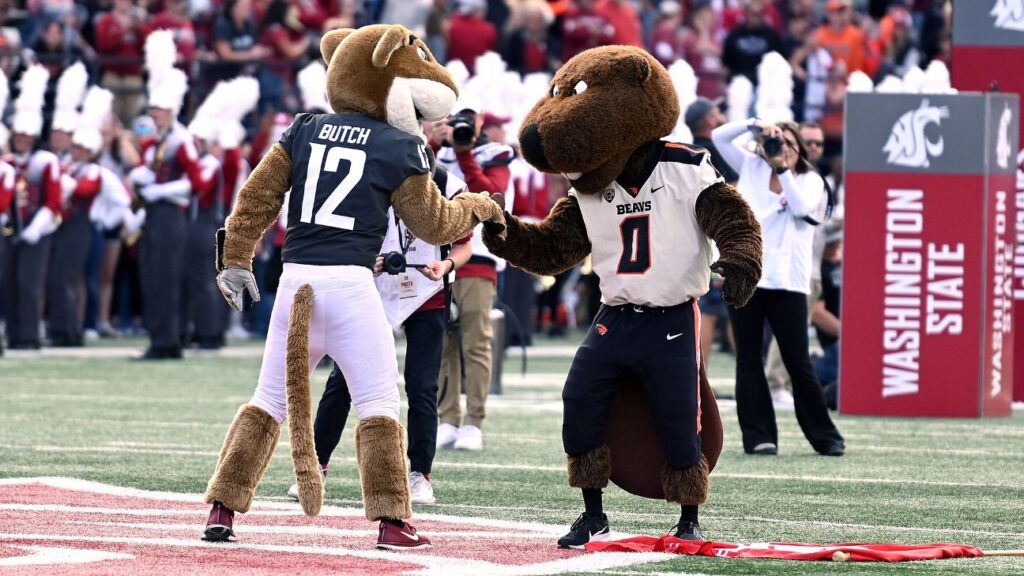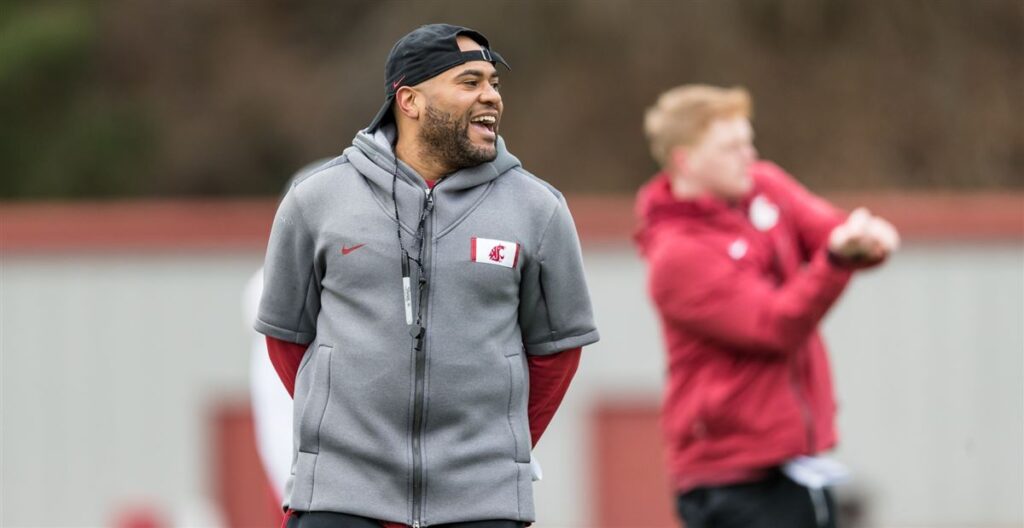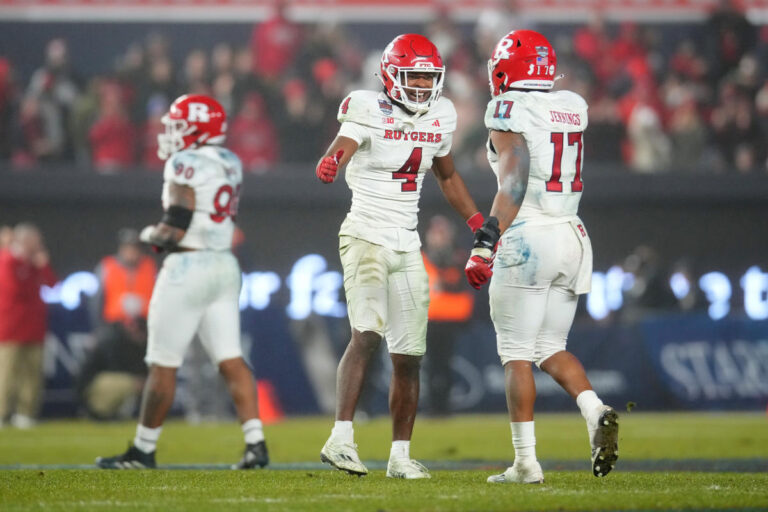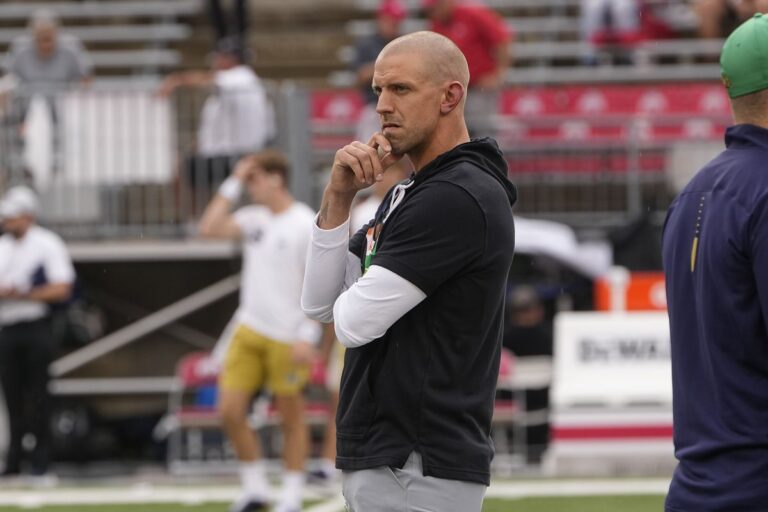Washington State’s Coaching Carousel: Ray Brown’s Departure to Boston College
-
To read 4 min.
-
Published
-
Comments 0
Key Points
- Ray Brown, the cornerbacks coach for Washington State University, is set to join Boston College in the same role.
- This move follows the departure of WSU’s offensive line coach, Clay McGuire, to Texas Tech, indicating significant coaching changes within WSU’s football program.
- During his tenure at WSU, Brown played a pivotal role in developing notable players, including Chau Smith-Wade and Jaden Hicks, contributing significantly to the team’s defensive successes.
- Brown’s coaching career includes valuable experiences across various institutions, and his move is expected to have a substantial impact on both WSU and Boston College’s football programs.
A New Chapter for Washington State and Boston College
Washington State University (WSU) finds itself at a pivotal juncture as it bids farewell to Ray Brown, its esteemed cornerbacks coach, who is set to embark on a new coaching adventure at Boston College. This significant shift, as reported by 247 Sports and confirmed by multiple sources to The Spokesman-Review, marks a moment of transition for WSU’s football program. Brown’s departure is part of a broader coaching reshuffle, following closely on the heels of offensive line coach Clay McGuire’s move to Texas Tech. As WSU prepares to fill these vital roles, the spotlight turns to the legacy Brown leaves behind and the future trajectory of both WSU and Boston College’s football programs.

Ray Brown’s Impactful Tenure at WSU
During his tenure at WSU, Ray Brown has been more than just a coach; he’s been a mentor, a strategist, and a builder of men. Notably, Brown’s coaching journey at WSU, including a season as a graduate assistant in 2013 and two seasons as the cornerbacks coach, has been marked by significant achievements. Under his guidance, talents such as Chau Smith-Wade and Jaden Hicks have flourished, with Smith-Wade poised for the NFL draft and Hicks making waves with his defensive prowess. Brown’s ability to develop players into formidable competitors speaks volumes about his coaching philosophy and the indelible mark he leaves on WSU’s football legacy.
Brown’s Legacy and the Future Ahead
The 2022 season under Brown’s watch saw WSU’s defense emerge as a force to be reckoned with in the Pac-12, thanks in part to his strategic insights and recruitment acumen. Players like Jamorri Colson and Kapena Gushiken rose to prominence, showcasing the depth of talent nurtured under Brown’s watch. His departure is not just a loss for WSU but a gain for Boston College, which stands to benefit from his extensive experience and coaching acumen. As Brown transitions to his new role, both WSU and Boston College are poised at the brink of a new era, with the legacy of his coaching set to influence future generations of football stars.
Conclusion
In optimizing this text for SEO, the focus was on enhancing its readability, incorporating relevant keywords, and providing a structured overview that highlights the significance of Ray Brown’s move to Boston College while reflecting on his contributions to Washington State University’s football program. This approach aims to attract readers by emphasizing the transition, Brown’s legacy, and the impact on both institutions.
FAQs
- Why is Ray Brown leaving Washington State University for Boston College?
Ray Brown is leaving Washington State University for a similar position at Boston College, aiming to bring his extensive coaching experience and success in player development to a new program and potentially to face new challenges in his coaching career.
- Who are some of the players Ray Brown has developed during his time at WSU?
Ray Brown has been instrumental in developing several key players at WSU, including cornerback Chau Smith-Wade, who is expected to be selected in the NFL draft, and safety Jaden Hicks, known for his significant contributions to the team’s defense.
- What impact did Ray Brown have on WSU’s football program?
Ray Brown had a significant impact on WSU’s football program, notably improving their defensive capabilities and mentoring players to achieve individual success. Under his guidance, WSU’s defense ranked competitively in the Pac-12, showcasing the effectiveness of his coaching methods.














